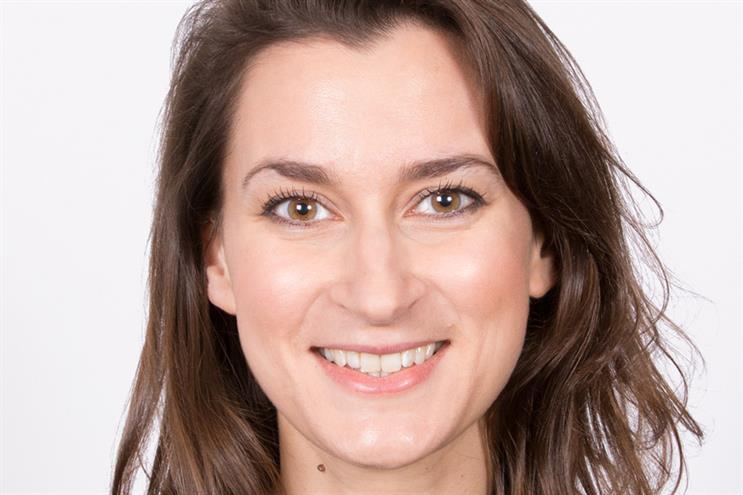
A friend and mentor recently announced she was leaving the industry because "it’s a young person’s game". She’s 39. A week later, I was at a women’s networking event attended by 120 or so incredible agency women. When asked how many of the attendees were over 40, just three stood up.
Situations like these subconsciously fuel the belief that we have a limited shelf life and that advertising is not something women can do forever. Even now, in my mid-30s, I find myself wondering about what I’m going to do when I grow up.
But unlike some other sectors, ours is an industry with incredible cultural influence. And so it is worrying, but not surprising given Adland’s age and gender imbalance, that our latest UK by UM research into advertising stereotypes identified that a quarter of women aged 50+ don’t feel they are authentically represented in the work our sector produces. Representation matters.
A responsibility to represent
The research revealed that negative associations with ageing are rife in advertising. 44% of older women feel they are patronised by ads, versus a still troubling 31% of all women. Chief among the harmful age-related stereotypes are being seen as "out of touch with technology" (42%), "mumsy/frumpy" (32%) and the mean-spirited "mutton dressed as lamb" (also 32%).
And to highlight the impact, over a quarter (27%) of older women felt advertising contributes to creating and maintaining negative stereotypes of their demographic group. Despite some recent powerful and award-winning campaigns, female audiences want more accurate and sympathetic reflections of women like them in all the stages of their lives – and that includes the menopause.
After all, the menopause affects every woman’s life at some point. A quarter (25%) say it has negatively impacted their confidence and their relationships, 13% have felt its influence on their career and 12% are no longer as sociable as they once were. But our data suggests this is linked not to the physical symptoms, but, depressingly, more to its taboo status in society.
Around one in five menopausal women admit that they are struggling or have struggled with the menopause. But at the same time, 49% believe they would cope better if it were addressed more publicly in a positive way.
And more importantly for brands, there’s a huge untapped commercial potential. 24% of menopausal women say they spend more time and money on fitness, 29% spend more on skincare and 22% buy more holidays, among many other elements of their lives.
Lifting the silence surrounding the menopause
But, currently, society treats the very existence of menopause with anachronistic awkwardness. Menopausal women attribute this largely to a lack of understanding (65%) and because people don’t talk about it (62%).
And unsurprisingly, half of them don’t believe the transition has been authentically represented anywhere in culture. According to our data, the fashion and beauty industries, retailers, celebrities, reality TV, magazines, soap operas, and comedy platforms are all regularly guilty of perpetuating harmful stereotypes and myths about women at this life stage.
Sadly, advertising is one of the worst offenders.Three-quarters (74%) believe advertising fails to portray women in this phase of life with any sensitivity, despite the extra cash those women are willing to spend.
With around one in 16 men admitting they don’t actually know what the menopause is and less than half admitting to being comfortable talking about it, it’s unsurprising that our industry – so dominated by men – has such a long way to go.
But it’s a journey we need to make. More than half (59%) of people (rising to 63% of women over 50 and 69% of menopausal women) think ageing would be made easier if it was tackled positively throughout wider UK culture.
And that means there’s never been a better time for brands to embrace and celebrate the maturing population. Our industry isn’t best known for its worthiness, but now is unquestionably the time to lift the veil of silence and produce work that makes a positive social difference. And brands are likely to reap the rewards as well.
So, female readers, let’s forge a future in this industry. Stop worrying, like me, about what you will do when you grow up. Our very presence can help to tackle an issue that has been overlooked for too long.
We owe it, not just to our ageing friends, mothers and grandmothers, but also to our future selves.
Sophia Durrani, managing partner, strategy at media agency UM



.jpg)
.jpeg)
